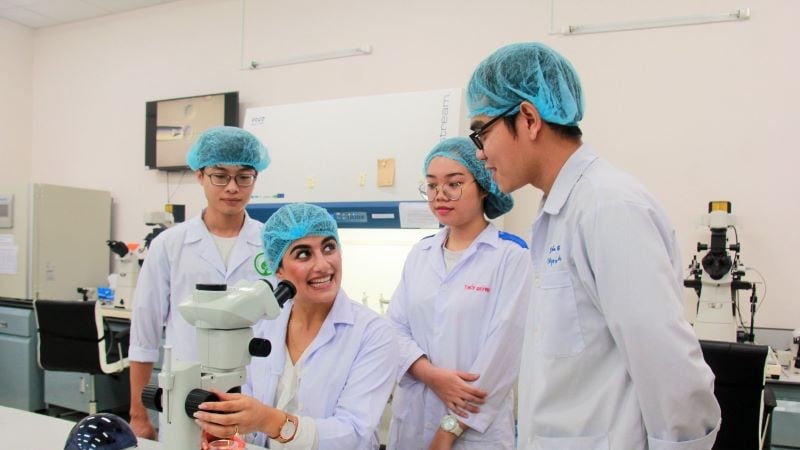
The implementation of Resolution No. 57/NQ-TW in universities not only contributes to improving training quality but also promotes the development of modern science and technology.
Accompanying the "four pillars"
As the country is entering a new development stage with a long-term vision to promote in-depth transformation of the growth model and sustainable development, the Politburo has issued four key Resolutions: Resolution No. 57-NQ/TW dated December 22, 2024 on breakthroughs in science and technology development, innovation and national digital transformation; Resolution No. 59-NQ/TW dated January 24, 2025 on international integration in the new situation; Resolution No. 66-NQ/TW dated April 30, 2025 on innovation in law-making and enforcement to meet the requirements of national development in the new era; Resolution No. 68-NQ/TW dated May 4, 2025 on private economic development.
Professor, PhD, Director of Ho Chi Minh City University of Economics Su Dinh Thanh said: These are breakthrough orientations, establishing the foundation for Vietnam's self-reliant and sustainable development model in the new era.
As a multidisciplinary university, oriented towards research, innovation and sustainable development, Ho Chi Minh City University of Economics (UEH) has proactively designed an Action Program to implement four Resolutions, based on the City-University Innovation Hub strategic model.
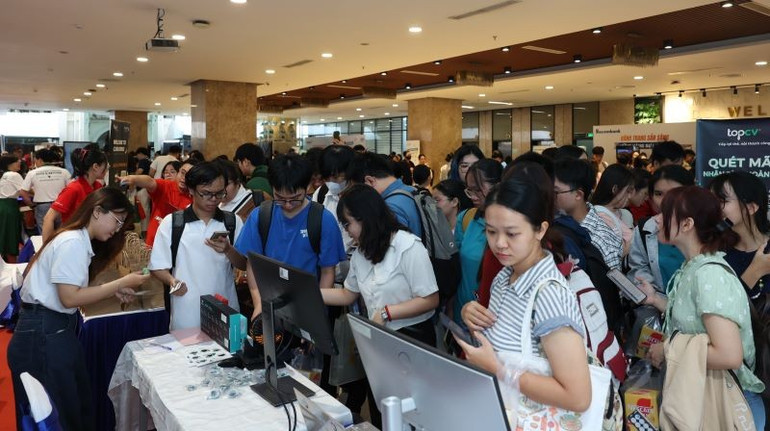
Through that, UEH promotes the role of a modern university, the innovation nucleus of the knowledge society, the place to converge, spread and lead strategic initiatives, playing a central role in implementing national strategies through training, research and community connection.
The action program to implement the "four pillars" is deployed by UEH according to three main action pillars. The first pillar is training and developing high-quality human resources: UEH focuses on implementing specialized E-MBA programs (executive master's programs) for private sector enterprises, organizing executive training courses, and local leadership training programs.
At the same time, UEH deploys the "training on demand" model with the participation of businesses in the design, teaching and assessment of training programs.
The second pillar is “scientific research”: UEH builds an open research database system to serve the implementation of Resolutions, establishes strong interdisciplinary research groups on innovation, digital economy, institutions, and law; implements national and local level topics on high-tech clusters, smart cities, and digital capacity.
The third pillar is “consulting-developing-connecting”: With this pillar, UEH promotes institutional reform policy consulting for central agencies and local governments, supports the construction of digital economic sandbox policy models, consults for businesses, builds regional brands and innovation ecosystems. UEH also expands its global network to enhance research and consulting capacity according to international standards to implement the program.
Opening a new chapter for higher education
According to experts, in the context that science, technology and innovation are considered the driving force for national economic growth, connecting resources from universities to promote scientific research capacity, technology and innovation is extremely urgent.
Building a co-creation ecosystem will contribute to realizing the national strategy, in which higher education institutions play a central role in connecting, spreading and creating value.
Resolution No. 57/NQ-TW has special significance for the education sector, because higher education institutions must both train high-quality human resources at international standards and carry out scientific, technological and innovative research activities to anticipate and master the most advanced technologies.
This Resolution has opened a new chapter for Vietnam’s higher education with many opportunities and challenges. The synergy between higher education institutions, businesses and the community, along with the spirit of continuous innovation, will help the university system make worthy contributions to the development of science, technology, innovation and national digital transformation.
Referring to the connection methods between universities and businesses, Dr. Nguyen Trung Dung, Chairman of the Vietnam University and College Innovation and Entrepreneurship Network (VNEI), said: Universities develop highly applicable research, while businesses receive and implement it.
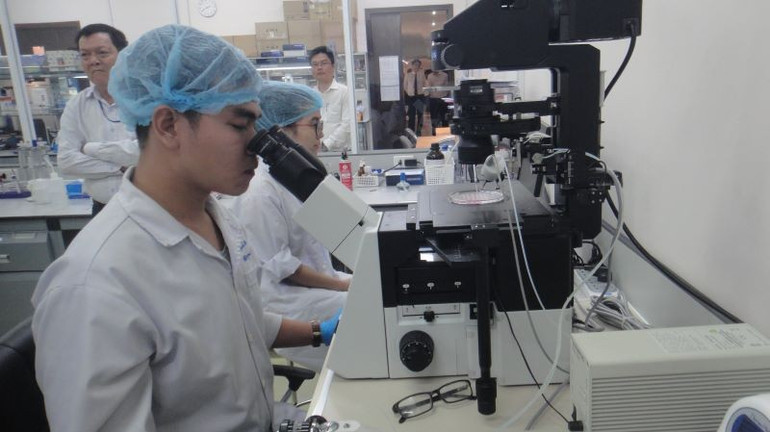
Thereby, research results help businesses improve production processes and develop new products. Universities also train and develop human resources in line with the actual needs of businesses. In return, businesses also participate in the process of teaching, internship and training high-quality human resources...
According to Mr. Le Thanh Minh, Deputy Director of the Department of Science and Technology of Ho Chi Minh City, the city owns a large scientific foundation of the region and the whole country, built on a system of 97 universities and colleges. Among them, many schools have prestige and leading research capacity such as Ho Chi Minh City National University.
In addition, Ho Chi Minh City also has more than 450 science and technology organizations, 134 modern laboratories, and 123 intermediary organizations supporting science and technology activities, innovation, and digital transformation.
Through research support programs, Ho Chi Minh City has formed 135 strong and dynamic research groups, actively participating in international cooperation... The initial achievements of the city in deploying and implementing Resolution No. 57/NQ-TW are not only important for the city's development but also create a spillover effect, promoting the development of the Southern Key Economic Zone and the whole country.
Source: https://nhandan.vn/truong-dai-hoc-thuc-hien-nghi-quyet-so-57nq-tw-post918739.html



![[Photo] National Assembly Chairman Tran Thanh Man received a delegation of the Social Democratic Party of Germany](https://vphoto.vietnam.vn/thumb/1200x675/vietnam/resource/IMAGE/2025/10/28/1761652150406_ndo_br_cover-3345-jpg.webp)
![[Photo] Flooding on the right side of the gate, entrance to Hue Citadel](https://vphoto.vietnam.vn/thumb/1200x675/vietnam/resource/IMAGE/2025/10/28/1761660788143_ndo_br_gen-h-z7165069467254-74c71c36d0cb396744b678cec80552f0-2-jpg.webp)
![[Photo] Prime Minister Pham Minh Chinh chaired a meeting to discuss solutions to overcome the consequences of floods in the central provinces.](https://vphoto.vietnam.vn/thumb/1200x675/vietnam/resource/IMAGE/2025/10/29/1761716305524_dsc-7735-jpg.webp)














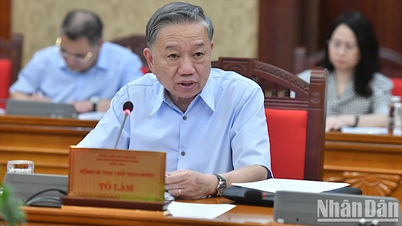


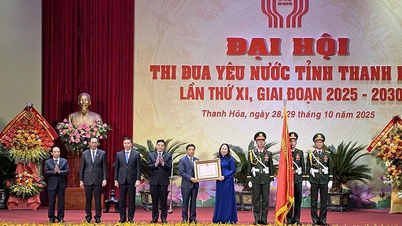

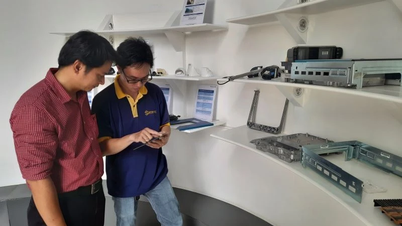
![[Photo] Draft documents of the 14th Party Congress reach people at the Commune Cultural Post Offices](https://vphoto.vietnam.vn/thumb/1200x675/vietnam/resource/IMAGE/2025/10/28/1761642182616_du-thao-tai-tinh-hung-yen-4070-5235-jpg.webp)


















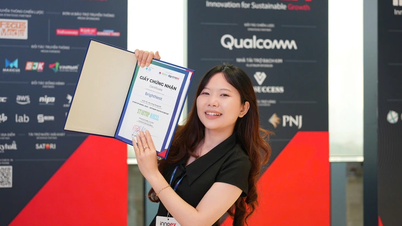
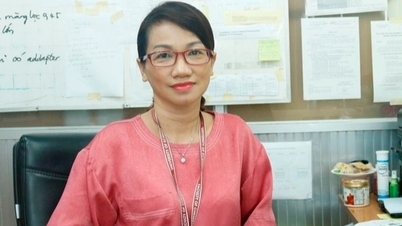















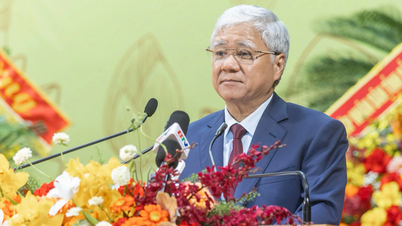
![[Infographic] Vietnam's socio-economic situation in 5 years 2021-2025: Impressive numbers](https://vphoto.vietnam.vn/thumb/402x226/vietnam/resource/IMAGE/2025/10/29/1761730747150_anh-man-hinh-2025-10-29-luc-16-38-55.png)

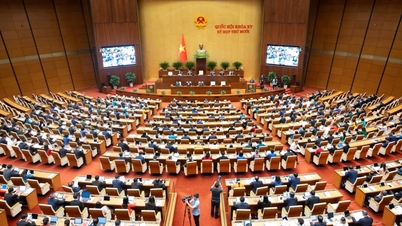
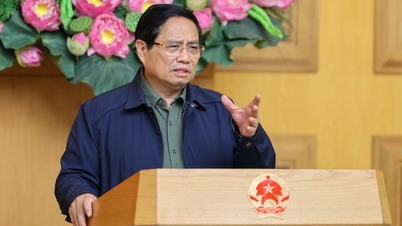
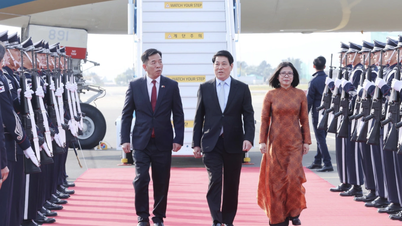


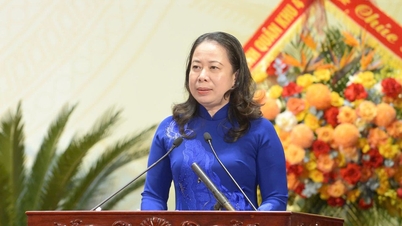

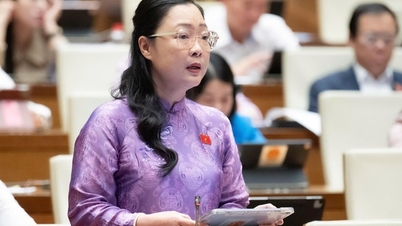
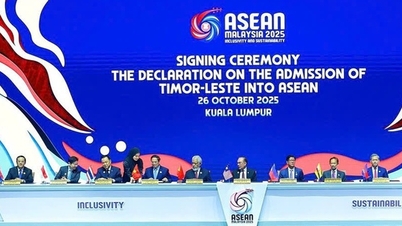
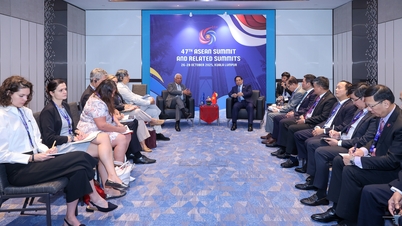







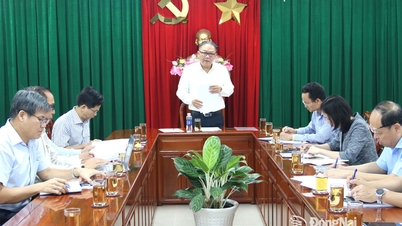

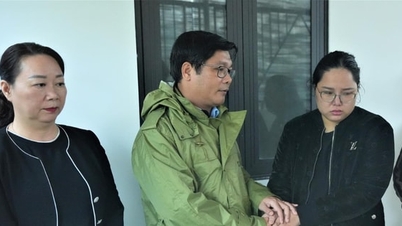

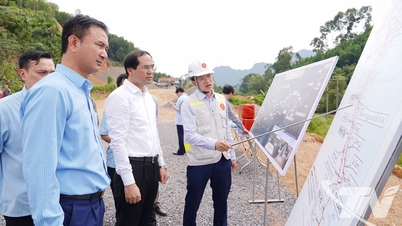

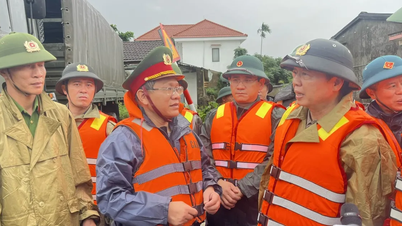
















Comment (0)